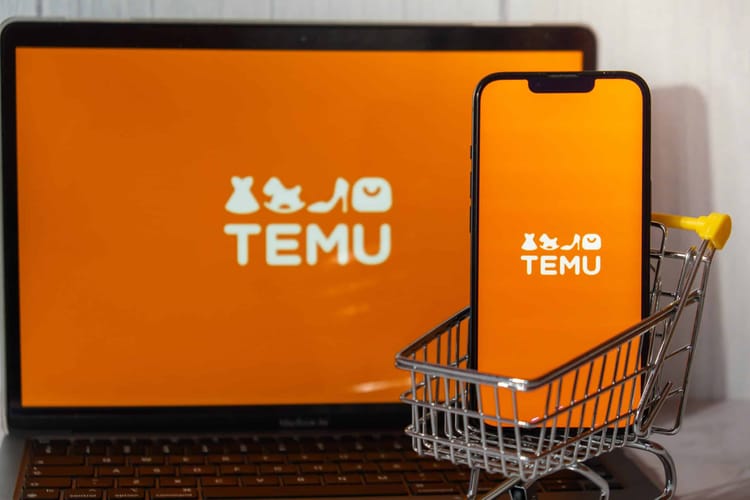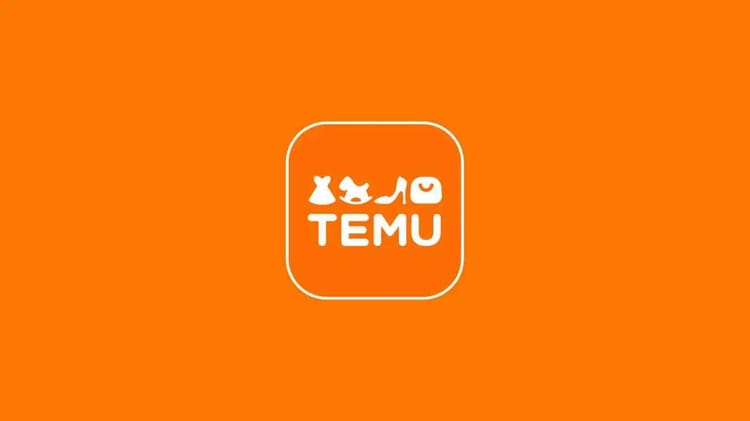$4.4 M Raised By Abacus Sciences, A Startup By Seagen Vets using Fresh Approach for Cancer Vaccine
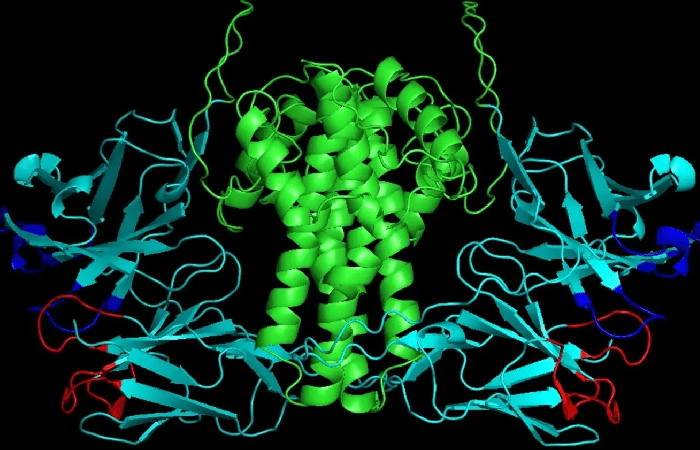
Abacus Sciences, a bioscience startup founded by Seagen veterans and spun out of the University of Washington, has raised $4.4 million in funding. The funding is led by Washington Research Foundation. It is a testament to the immense potential of Abacus Sciences and its founders' expertise in bioscience.
With the increasing demand for innovative bioscience solutions and technologies globally, this funding will enable Abacus Sciences to develop such advanced products that would pave the way for the next generation of bioscience solutions. Abacus Sciences' innovative solutions are set to revolutionize the bioscience industry, and with this funding in place, they can make their vision a reality faster.
Need For A Fresh Approach To Cancer Vaccine
Since cancer affects a large portion of the global population, there is a great need for anti-cancer medications. The World Health Organization (WHO) estimates that 10 million people die from cancer each year, making it the second largest cause of death worldwide.
With numerous forms and subtypes that can manifest in various bodily regions, cancer is a complicated and heterogeneous illness. Surgery, chemotherapy, and radiation therapy are some of the available cancer treatments today, but all have drawbacks and can have serious side effects. A few tumours may also be resistant to current therapies or return after initial therapy.
To overcome these issues and deliver more efficient and non-toxic cancer treatments, anti-cancer therapies are required.

Why The Abacus Sciences Innovations Matter?
Abacus Sciences' bioscience innovations matter because they have the potential to vastly improve human health, well-being, and quality of life.
-
Their solutions are designed to tackle some of the most pressing challenges in health and biosciences, from cancer treatment to biotechnology. These solutions have the potential to save countless lives and improve overall health outcomes, making them a crucial addition to the bioscience industry.
-
While anti-tumour vaccines have undergone extensive testing and some have received approval, their efficacy has been modest.
-
Che-Leung Law, chief scientific officer and co-founder of Abacus, stated that "'Cancer vaccine' was a very filthy term in the investing world for a long time." Many are still quite sceptical of the "cancer vaccination strategy" even in modern times.
-
Abacus use a cutting-edge strategy to target tumour antigens, chemicals found on the surface of cancer cells. Its experimental compounds have demonstrated the capacity to strongly elicit an immune response to such antigens, leading to tumour death, according to Law.
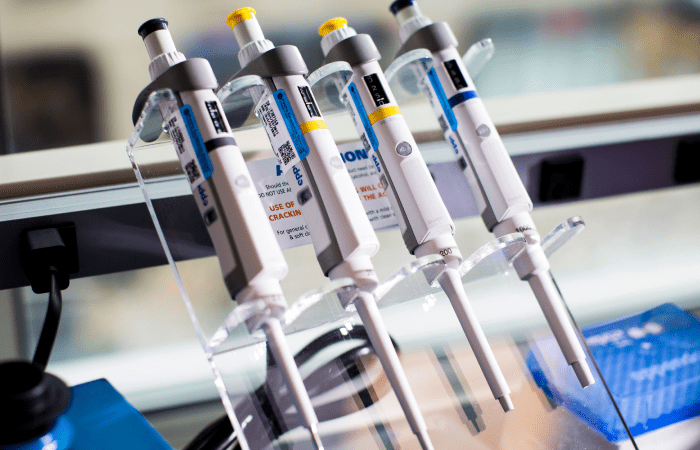
Abacus Approach For Cancer Treatment
Law believes that Abacus is poised to introduce yet another game-changing innovation. The word "Ab," short for "antibody," is a pun on the name "Abacus."
-
The early investigations were conducted at Edward Clark's lab. They were supported in part by funding from the UW's CoMotion and the Washington State Life Sciences Discovery Fund, as well as a $400,000 small business grant from the U.S. government.
-
Wahl, said they had this notion a while ago. But before moving on and requesting funding from others to advance it, they gathered a lot of reliable proof-of-concept data over the years.
-
The strategy used by Abacus involves coupling an antibody fragment that detects the CD180 protein on important immune cells to a tumour antigen. Immune cells are stimulated by the chemical, which causes them to plan a potent immune response against the antigen. The end result should be an attack on the tumour by the immune system.
-
This strategy has also been tested by the company against the Hepatitis B virus in unpublished primate experiments. Strong T cell and antibody responses were observed in the data, which Wahl said is necessary for a powerful immune response.
-
All of these methods boost or supplement already-existing anti-tumour immunity. Law reasoned that since they are effective, it should be able to develop a very potent cancer vaccine.
About the Founders
1. Law
He served as senior vice president of translational medicine for Harpoon Therapeutics, an immunotherapy start-up with headquarters in San Francisco. He spent sixteen years before that working for Seagen, most recently as senior director of preclinical research.
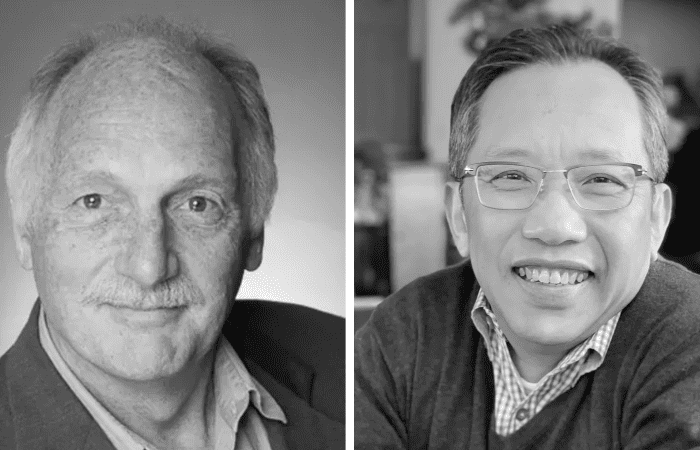
2. Wahl
Formerly serving as vice president of discovery at Ambrx and holding research leadership positions at AbbVie, Biogen Idec, Trubion Pharmaceuticals, and Bristol Myers Squibb, Wahl has worked as a consultant to biopharma firms for the past seven years. He served as senior director of molecular oncology and immunology at Seattle Genetics.
3. Clark
Clark was also a co-founder of Trubion, which Bristol Myers Squibb acquired for at least $96.8 million in 2010, and Genetic Systems, a pioneering biotech business founded in Seattle and acquired by Bristol Myers Squibb in 1986.
Other Co-Founders
Raj Dua
Raj Dua is an executive at Vincerx Pharma who previously held management positions at Trubion and Alder Biopharmaceuticals in the Seattle area, which was acquired by Lundbeck for close to $2 billion.
Craig Philips
Craig Philips is the president of the Seattle biotech company Kineta and the founding partner of Pack Ventures, a company that finances businesses associated with the UW, are the other co-founders of Abacus.

Current Work Strategy Of Abacus
Abacus is in the midst of hiring scientists and immunologists and has already signed a lease for lab space in Seattle.
The firm is currently developing drugs that target two tumour antigens, one of which is present on a variety of solid tumour types and the other on tumours of the head and neck and of the cervical region. Before moving on to primates, researchers will test several drugs in test tubes, cells, and rodents. The business develops its vaccinations with the aid of modern protein engineering and analytic techniques, such as DeepMind's AlphaFold.
The strategy used by Abacus is comparable to other strategies that connect antigens to an alternative antibody fragment that is focused on a CD40-related molecule. According to Law, Abacus' compounds may produce a more extensive immune response with fewer negative effects. since CD40 is present on cells other than immune cells, drugs that target it may be hazardous.
Investors
The funding round is being led by the Washington Research Foundation. Participants include Alexandria Venture Investments, Sahsen, and individual investors in addition to Pack Ventures.
Conclusion
-
In conclusion, the bioscience innovations of Abacus Sciences hold immense importance and potential for humanity's future.
-
Their focus on developing innovative solutions for cancer treatment could lead to a breakthrough in cancer vaccine, potentially saving countless lives and improving the quality of life for patients.


